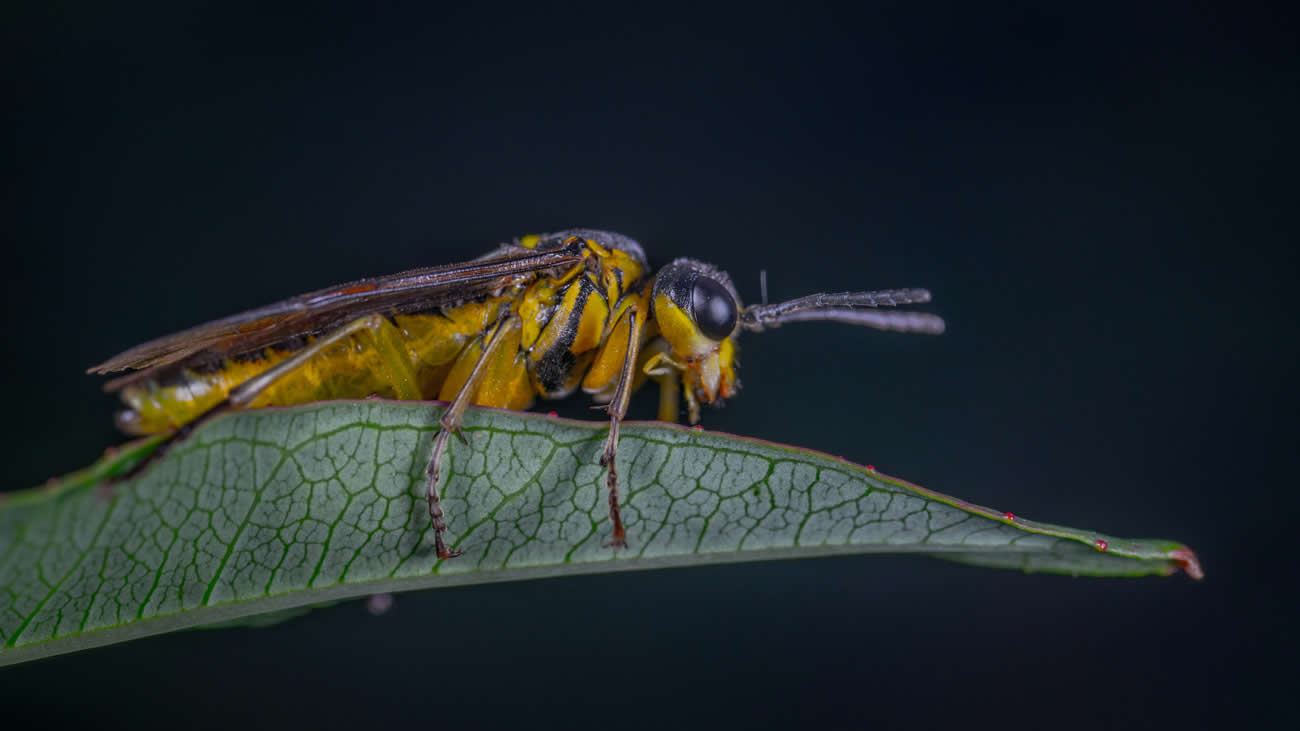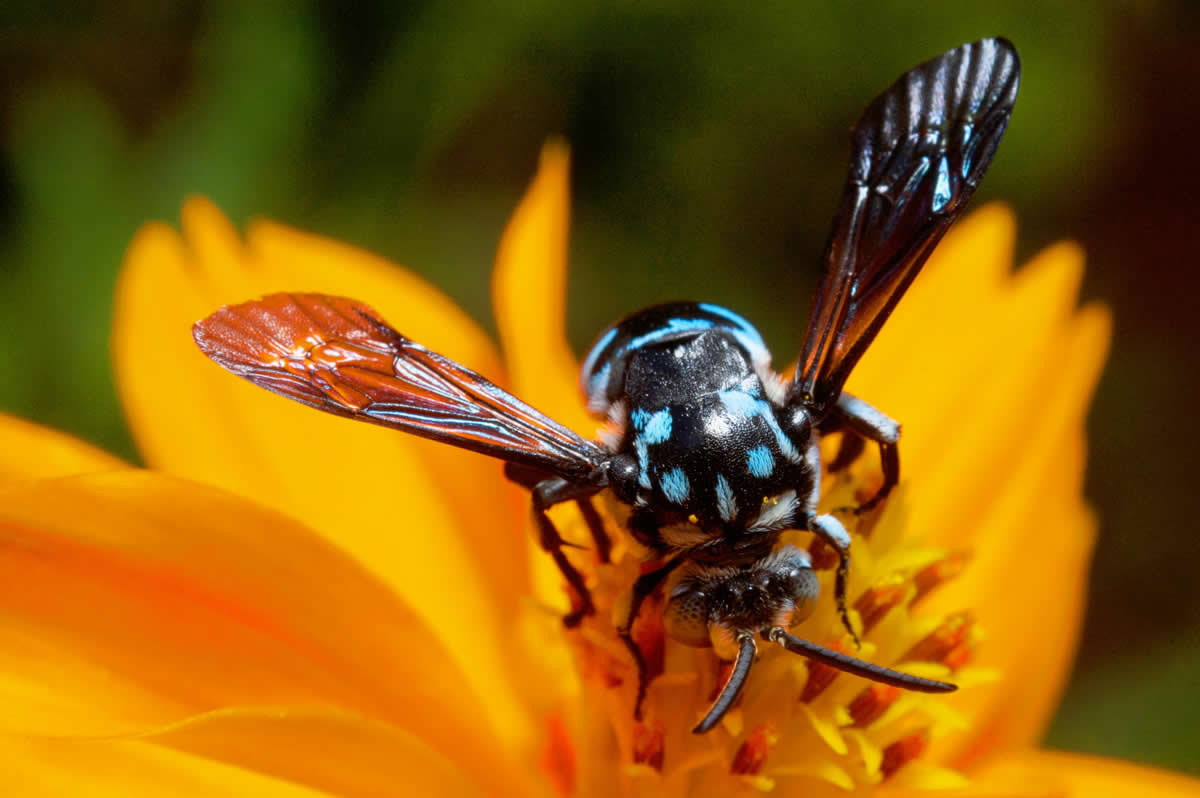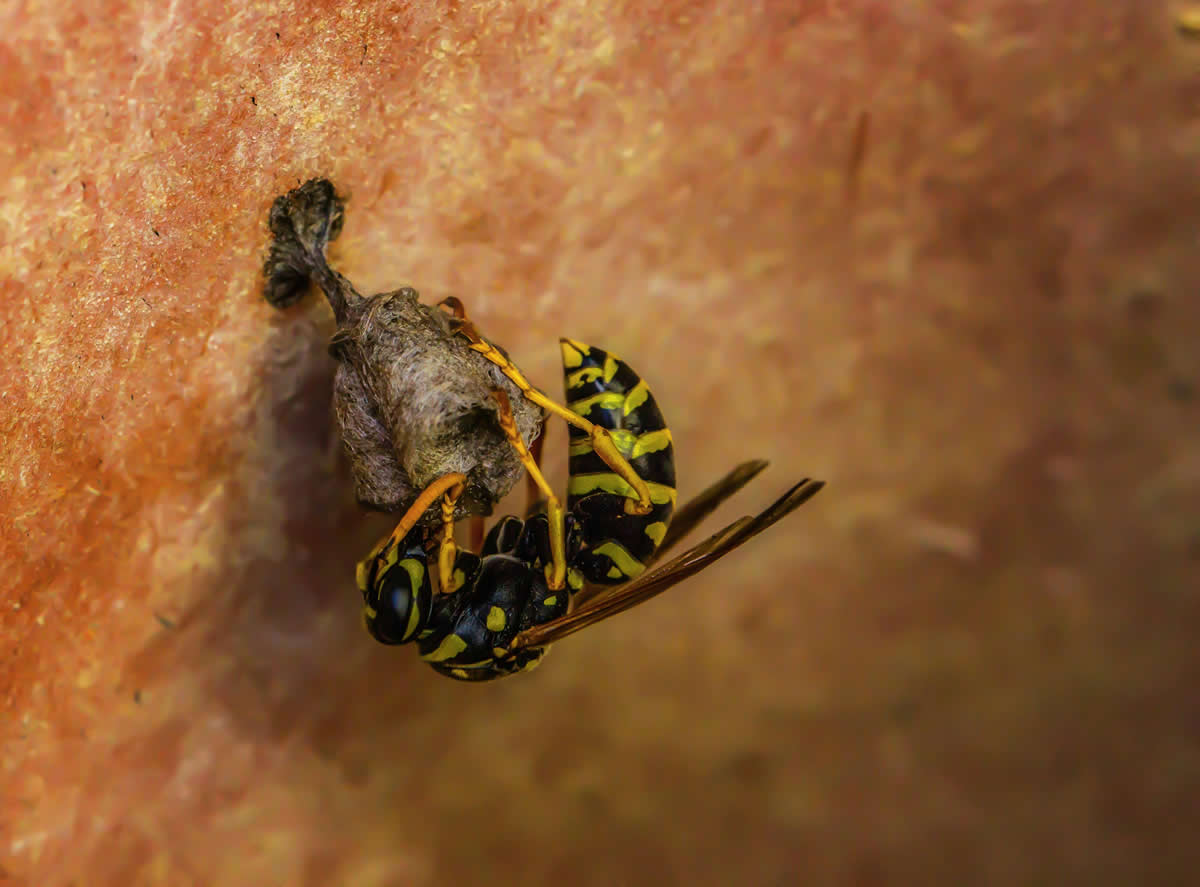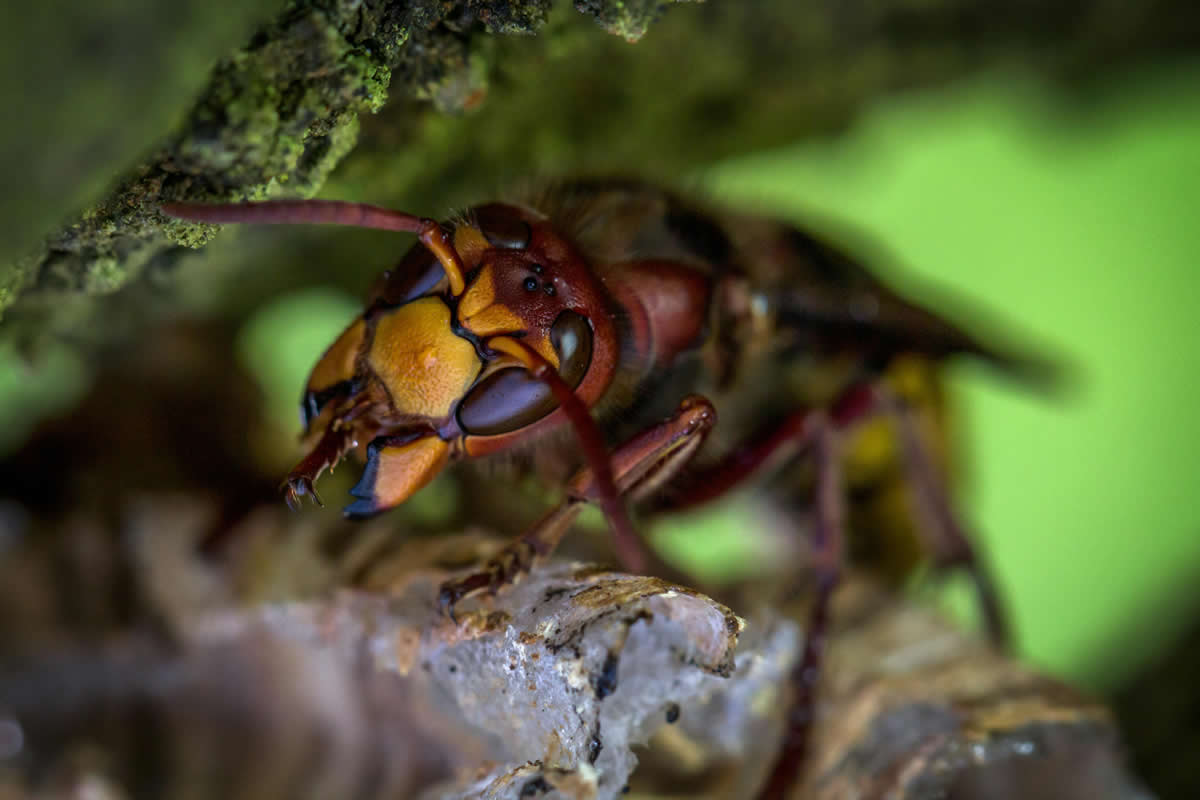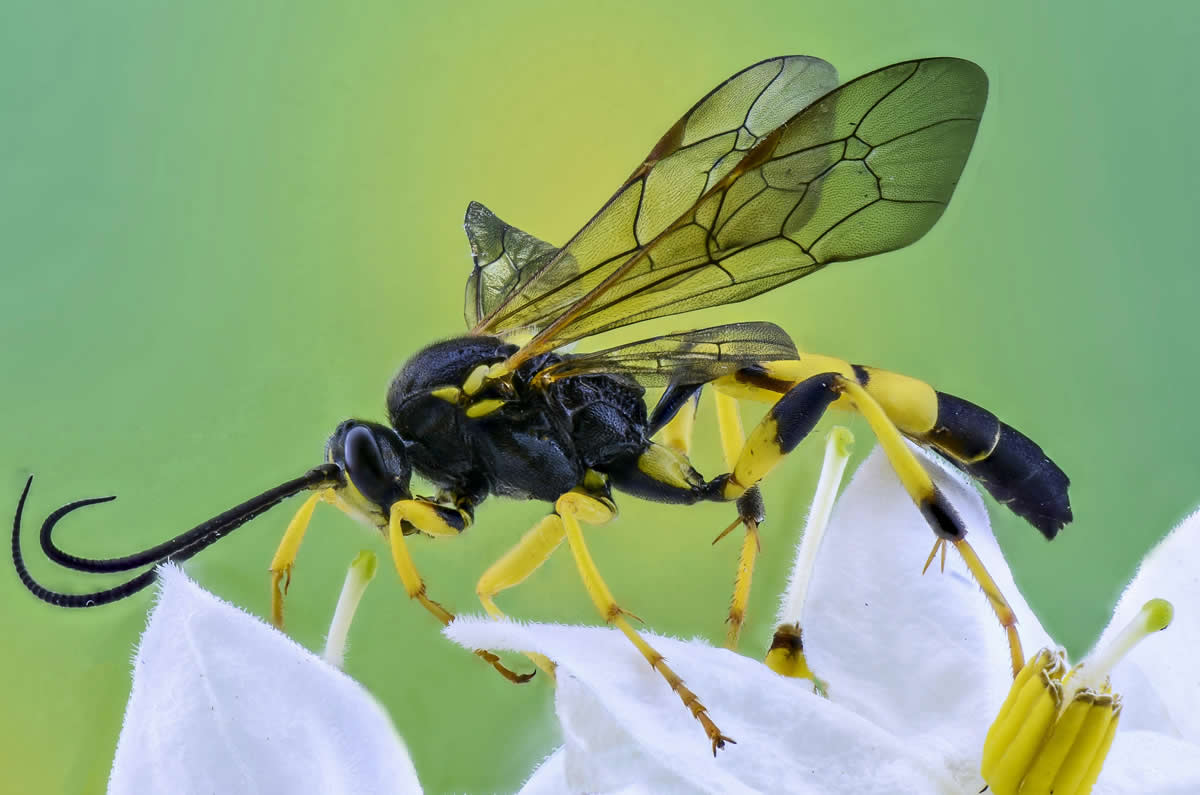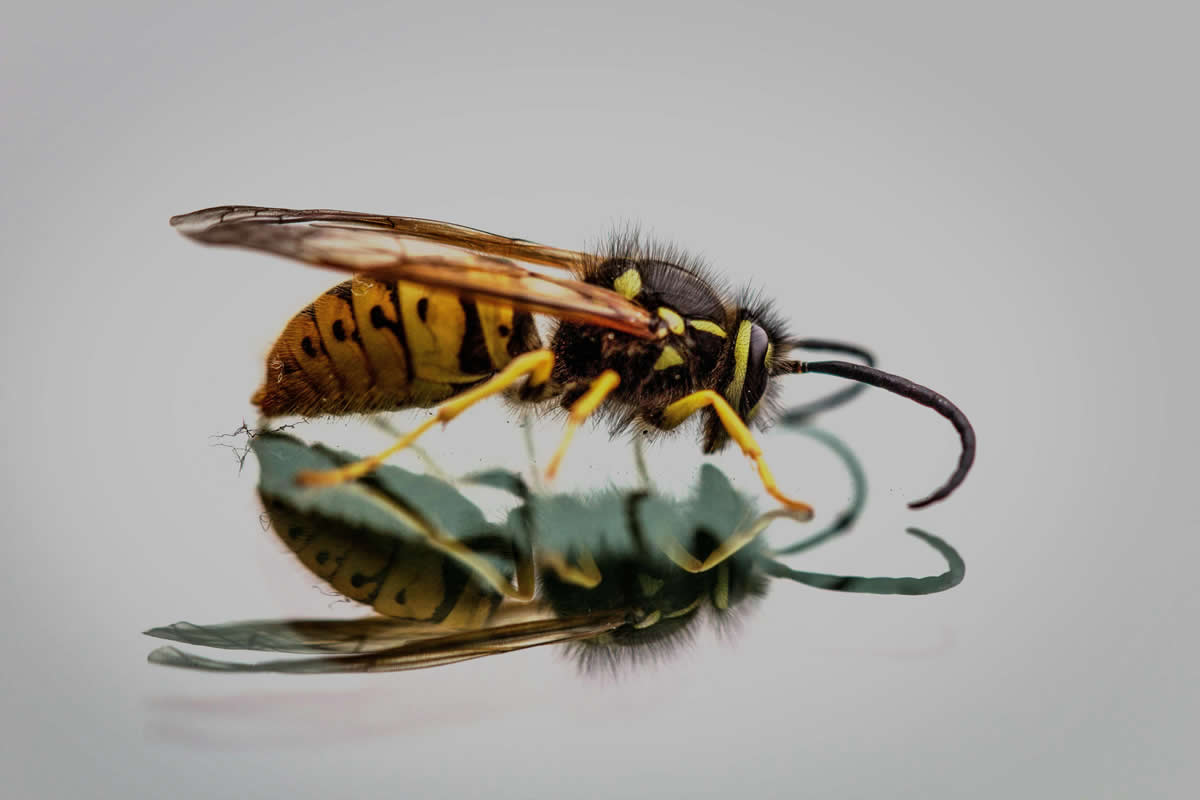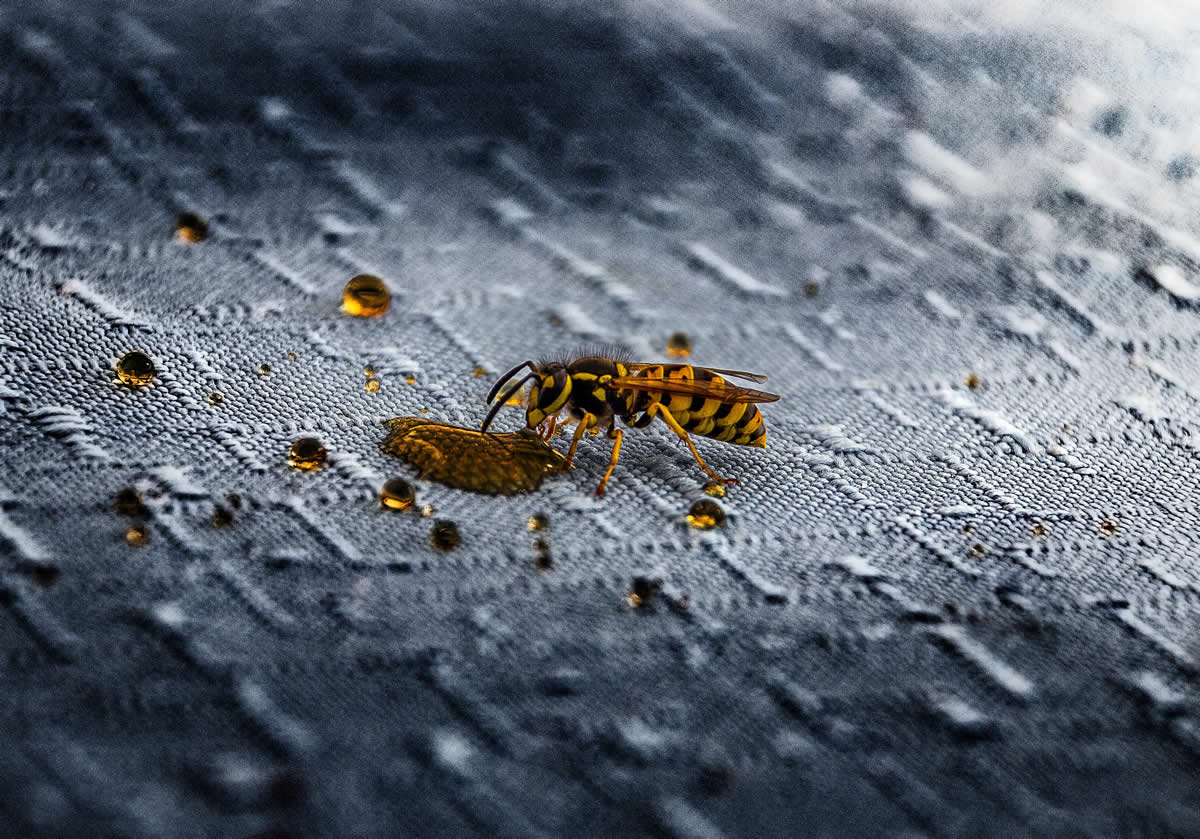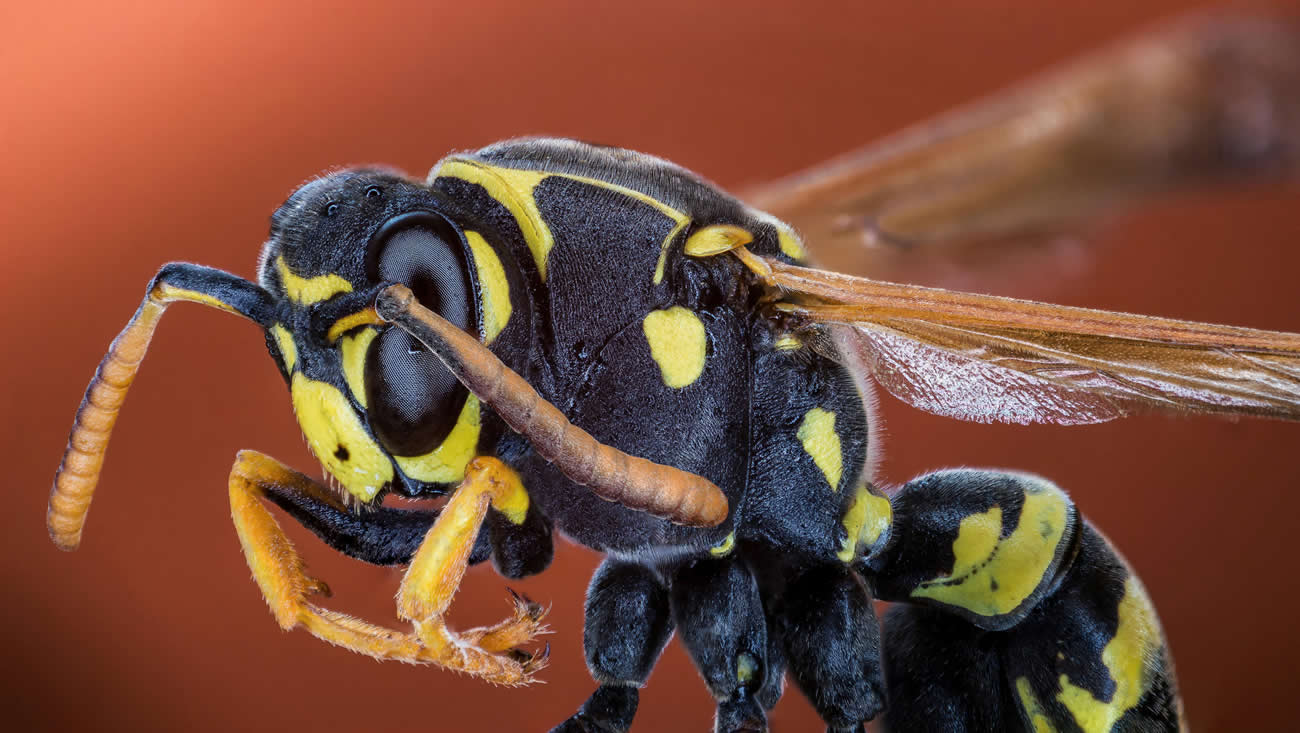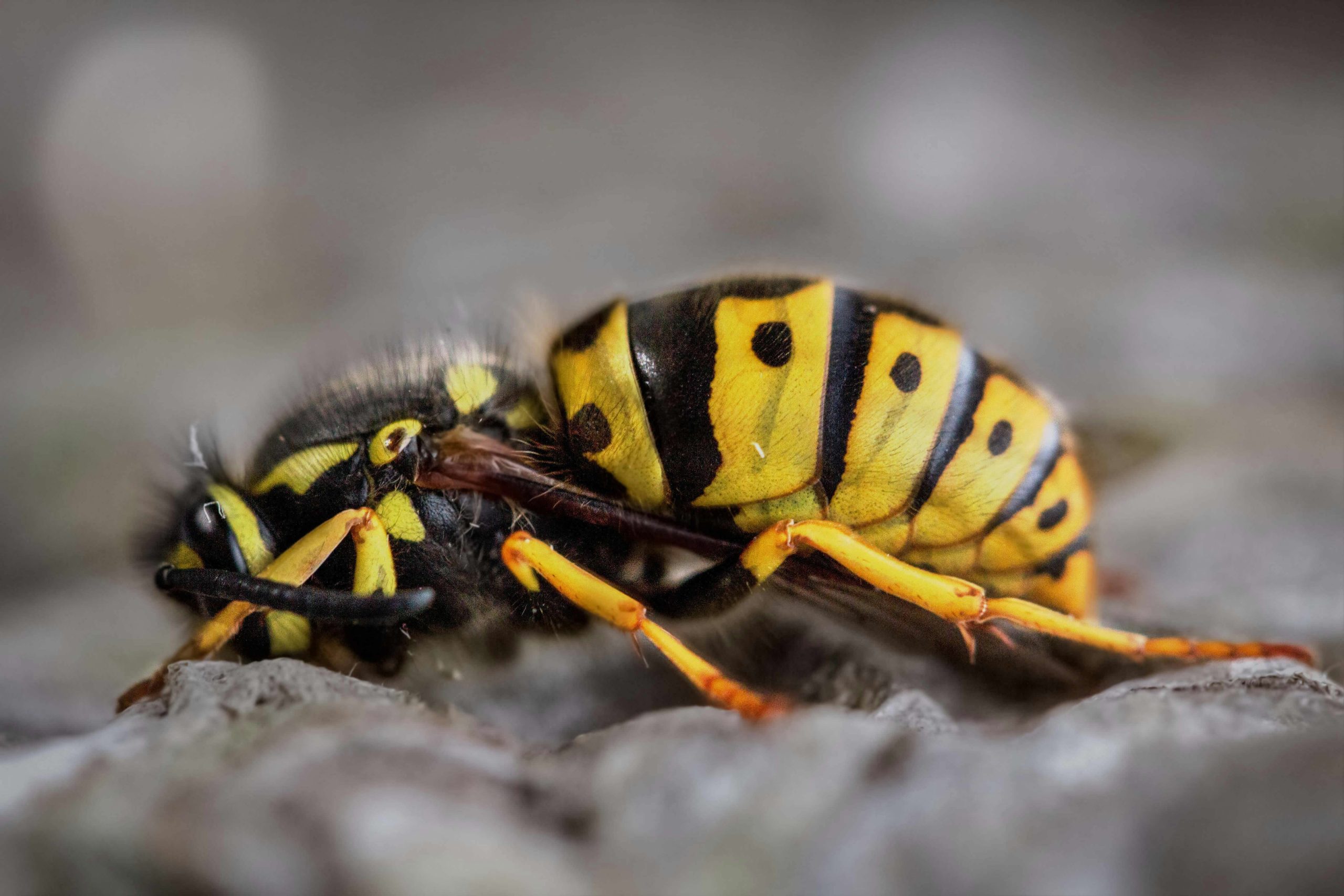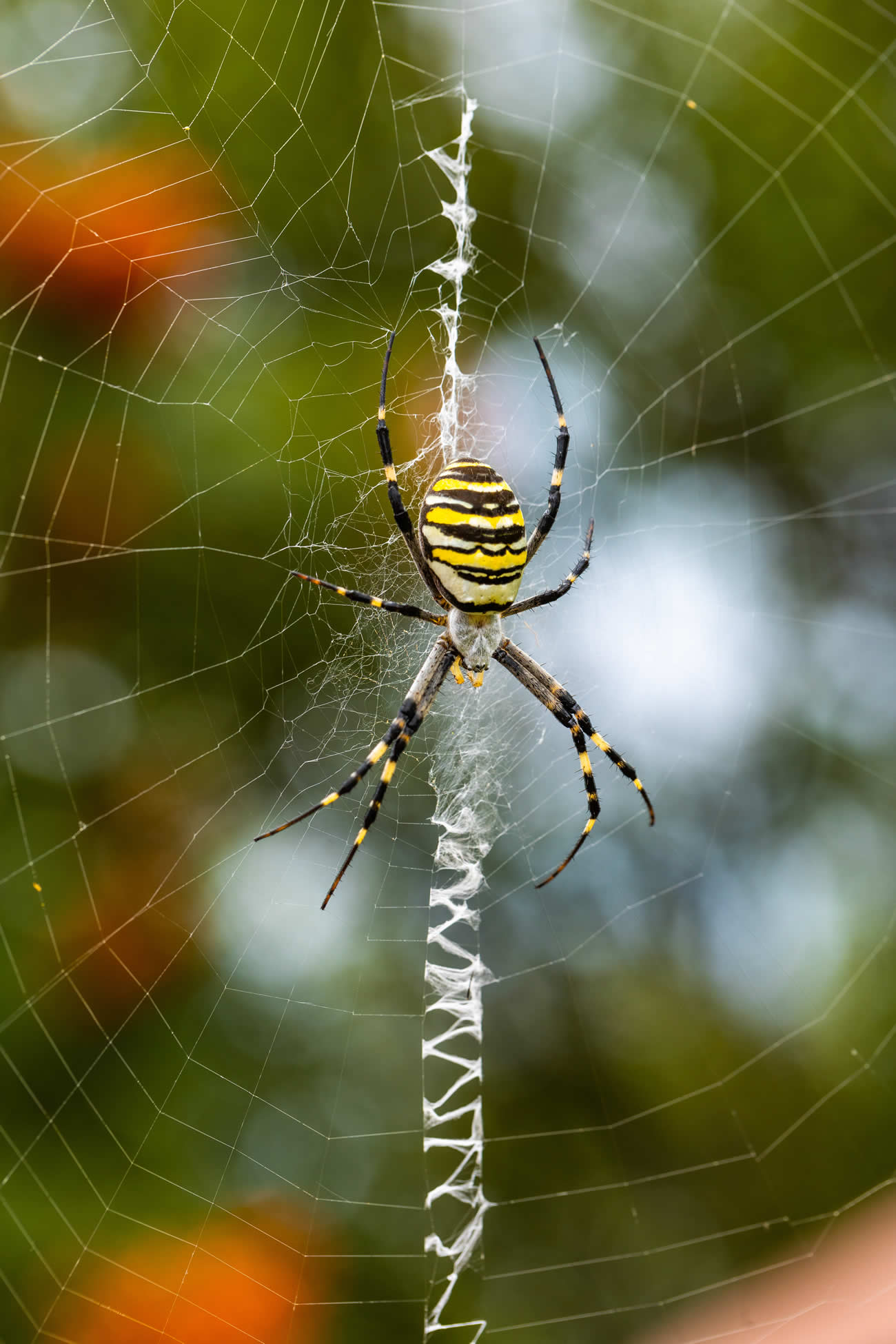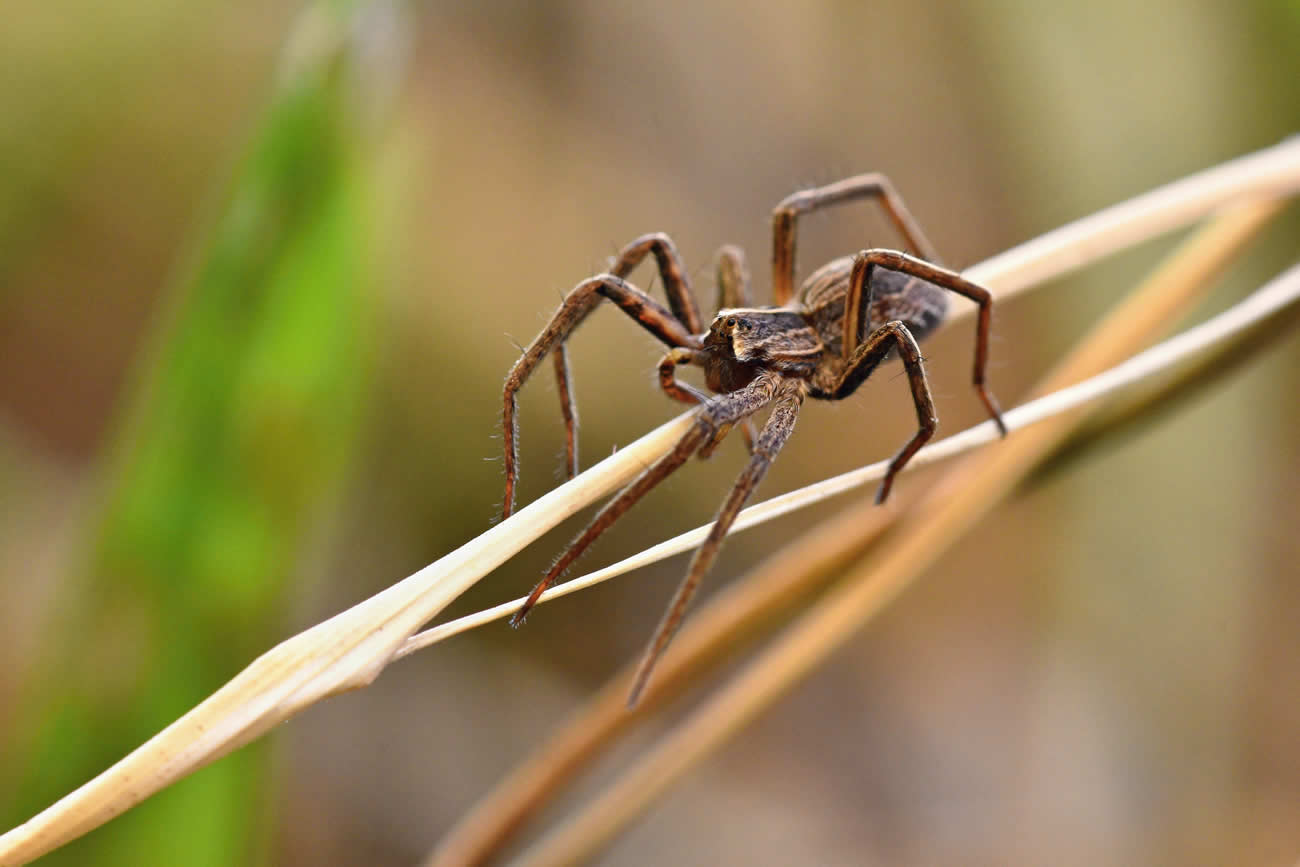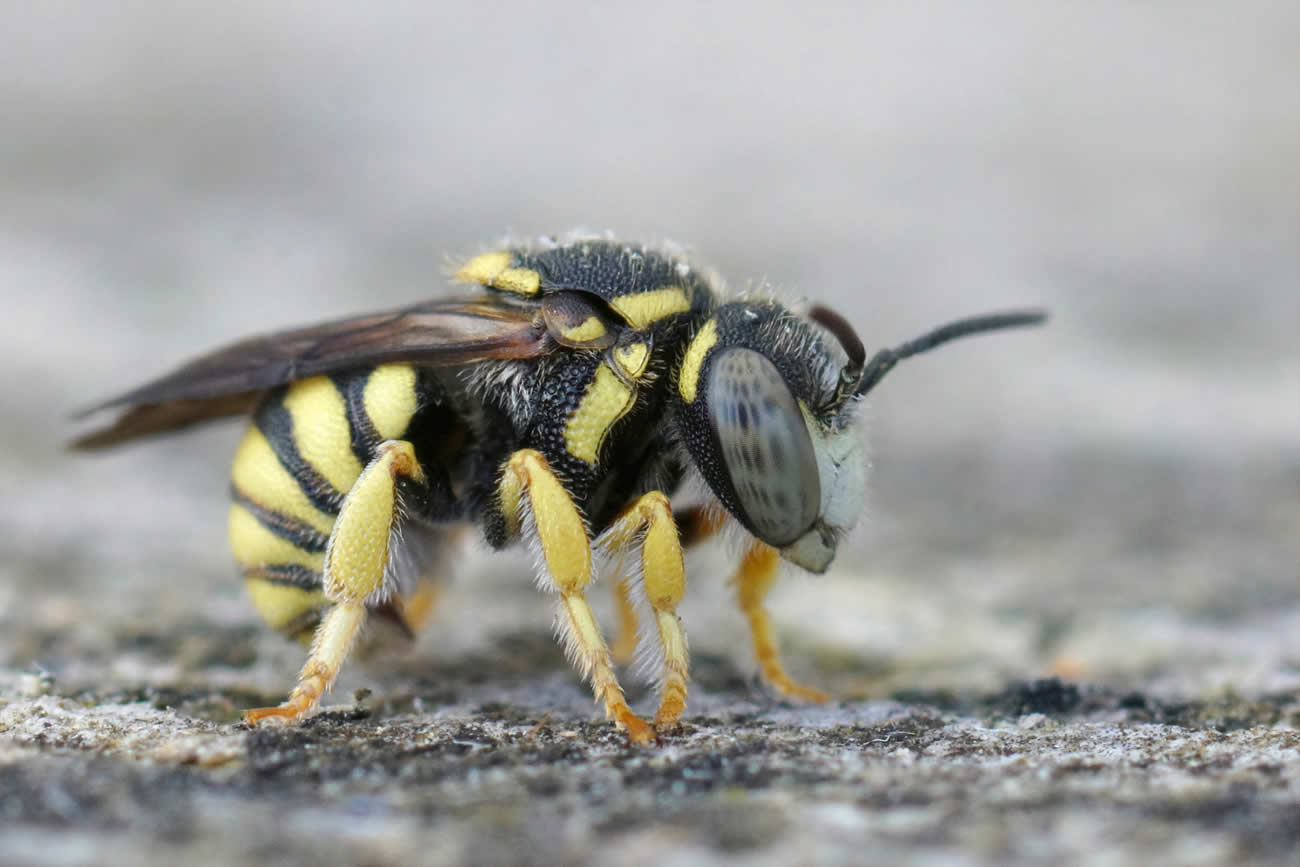A wasp nest can grow from a modest golf ball size to an alarming football size or larger, potentially causing significant damage to your property. While the cost of removing wasp nest varies across the UK, understanding the pricing can help you prepare for this essential service.
We’ve found that wasp nest removal costs typically range from £50 to £100, though prices can differ based on several factors. The location of the nest significantly impacts the cost – ground floor removals average £75, while first-floor treatments cost about £95, and roof space removals can reach £100. Additionally, factors such as accessibility, infestation size, and the number of nests affect the final price.
In this guide, we’ll break down all the costs associated with wasp nest removal, explore what influences pricing, and help you understand what to expect when hiring professional pest control services in the UK.
Table of Contents
ToggleAverage wasp nest removal costs in the UK
Professional wasp nest removal services across the UK follow a structured pricing system based on various factors. Understanding these costs beforehand helps you prepare for this necessary service.
Ground floor removal costs
The base cost for removing a wasp nest from ground-level locations, including gardens and exterior walls, ranges from £50 to £100. Furthermore, some pest control companies offer fixed-rate services, charging £60 for any ground-level nest treatment. These prices typically cover easily accessible areas where specialists can work without additional equipment.
First floor and roof costs
Removing nests from elevated positions naturally commands higher fees. First-floor wasp nest removal typically costs between £75 and £125. For nests located in roof spaces or second-floor locations, prices can increase substantially, ranging from £100 to £200. These higher costs reflect the additional equipment and safety measures required for accessing elevated positions.
Multiple nest removal pricing
Finding multiple nests on your property doesn’t necessarily mean doubling or tripling the cost. Most pest control services offer discounted rates for additional nests treated during the same visit. For instance, treating a second nest typically adds £15 to £25 to your total bill. Some companies structure their multiple nest pricing as follows:
- First nest treatment: £60
- Second nest: Additional £15
- Third nest: Additional £15
- Four or more nests: Price negotiable
The overall cost structure remains relatively consistent across the UK, notwithstanding certain regional variations. Nevertheless, several companies now offer fixed-rate services regardless of the nest’s location, charging around £60 per treatment. This approach simplifies pricing for homeowners, although additional fees might still apply for particularly challenging cases.
For particularly complex situations, especially those involving nests in delicate areas like attics or within wall cavities, specialists might need to conduct a thorough inspection before providing a final quote. These assessments help determine the most effective removal method and ensure all nests are identified.
Most professional pest controllers include the cost of treatments and necessary follow-up visits in their initial quote. However, it’s worth noting that some services might charge separately for inspection fees, which typically range from £50 to £100. Therefore, when requesting quotes, always ask about what’s included in the base price to avoid unexpected charges later.
What affects wasp nest removal cost
Several key factors influence the final cost of wasp nest removal services. Understanding these elements helps homeowners prepare for potential expenses.
Location and accessibility
Your geographical location plays a crucial role in determining costs. Urban areas, specifically London, command higher labour rates. Conversely, rural locations might incur additional charges, primarily due to travel distances. The accessibility of the nest notably affects pricing – nests hidden within walls, attics, or floors often require specialised equipment and expertise, leading to increased costs. Moreover, if the nest damages delicate structures during removal, repair costs add to the base price.
Size of infestation
The size of a wasp nest directly impacts removal costs. As time progresses, nests grow larger, making removal more challenging. Different wasp species build varying nest sizes – German wasps typically construct underground nests that can survive winter, whereas red paper wasps create notably larger structures. Larger infestations require more time and resources to address effectively.
Time of year
Seasonal timing significantly affects wasp nest removal costs. Prices tend to surge during peak season when wasps are most active. Early spring removal proves more cost-effective, as nests remain small and wasp activity is minimal. Taking action during spring can prevent significant problems in summer when nests expand considerably.
Emergency call-out fees
Weekend and bank holiday services typically incur premium charges. Emergency situations requiring immediate attention outside standard working hours result in higher costs. The urgency of the job directly influences the final price – standard weekday appointments generally offer the most economical option.
For optimal cost management, I recommend addressing wasp nests promptly, ideally during early spring when colonies are smaller. Additionally, scheduling removals during regular business hours can help avoid emergency call-out fees. Some situations, particularly nests within wall cavities, might prove impossible to remove completely, potentially requiring alternative solutions or preventive measures.
Professional vs DIY removal costs
While DIY wasp nest removal might seem like a cost-effective solution, the risks often outweigh the potential savings. Professional pest controllers possess RSPH level-2 certification, granting them access to specialised insecticides unavailable to the public.
Equipment needed
Professional pest controllers arrive equipped with industry-grade insecticides and specialist tools designed specifically for wasp nest removal. These tools ensure complete elimination of the nest while minimising property damage. Alternatively, DIY attempts require purchasing specific equipment:
- Insecticidal sprays or dust formulated for wasps
- Ladders for reaching elevated nests
- Disposal equipment
- Cleaning materials
Safety gear expenses
Safety equipment forms a crucial part of wasp nest removal costs. A basic DIY setup includes:
- Full-body protective suit (approximately £30)
- Face shield
- Heavy-duty gloves
- Proper footwear
Nonetheless, even with safety gear, DIY removal poses significant risks. Wasps become hostile and territorial when their nest faces disruption. Furthermore, many household products prove ineffective against wasps, potentially leading to nest reappearance or relocation to different areas of your property.
Professional services, on the other hand, typically charge between £50 to £100 for safe and effective removal. This fee includes not only the removal service but also the expertise of trained professionals who understand wasp behaviour and proper safety protocols.
Most importantly, professional pest controllers can safely administer prompt treatments that ensure complete infestation removal. They also safely dispose of the nest and waste products, providing comprehensive service. For those attempting DIY removal despite the risks, timing becomes crucial – early morning or evening hours offer safer conditions as wasps show less activity.
Ultimately, considering the potential health risks – including possible anaphylactic shock from wasp stings – and the likelihood of incomplete removal through DIY methods, professional services offer better value for money. They provide peace of mind and guarantee effective elimination of the wasp nest problem, making the investment worthwhile for long-term protection.
Hidden costs to consider
Beyond the basic service charges, several additional costs might surface during wasp nest removal. Understanding these hidden expenses beforehand helps avoid unexpected financial surprises.
Inspection fees
Initial site surveys form a crucial part of professional wasp control services. These inspections, typically costing between £50 and £100, allow technicians to assess the full extent of the infestation. Certainly, this preliminary assessment proves invaluable as it helps identify potential complications and determines the most effective treatment approach.
Return visits
Even with professional treatment, follow-up visits might be necessary to ensure complete elimination of the wasp problem. These additional visits often occur in cases where:
- The initial treatment didn’t fully address the infestation
- Multiple entry points require attention
- Structural damage needs assessment
Some companies include follow-up visits in their base price, yet others charge separately. Hence, it’s essential to clarify this aspect when obtaining quotes.
Preventive treatments
Proactive measures prove vital in preventing future wasp infestations. As wasps can cause substantial damage to property, chewing through wooden joists and plasterboard to expand their colonies, preventive treatments become a worthwhile investment.
The cost implications extend beyond immediate removal services. Emergency call-out fees, ranging from £20 to £30, apply for urgent situations requiring immediate attention. Likewise, specialised safety equipment for high-risk removals might add approximately £30 to the total cost.
For comprehensive protection, some providers offer preventive treatment packages. These services typically include:
- Sealing potential entry points
- Regular property inspections
- Application of deterrent treatments
- Professional advice on preventing future infestations
Upon completion, reputable companies provide detailed technician reports outlining the treatment performed and recommendations for future prevention. This documentation proves valuable for property maintenance records and insurance purposes.
Final Say!
Understanding wasp nest removal costs helps make informed decisions about protecting your property. While basic ground-floor treatments start at £50, prices can reach £200 for complex roof space removals. Though DIY removal might seem cost-effective, professional services offer better value through guaranteed results and proper safety measures.
Professional pest controllers bring expertise, specialised equipment, and appropriate certifications, making them the safest choice for wasp nest removal. Their knowledge extends beyond simple removal, offering valuable advice about preventing future infestations.
Remember that addressing wasp nests early, particularly during spring, saves money and prevents larger problems. Additionally, asking about included services, such as follow-up visits and inspection fees, helps avoid unexpected costs later.
Most importantly, the safety and effectiveness of professional wasp nest removal justify the investment. Rather than risking multiple DIY attempts or dealing with recurring problems, choosing certified pest control services ensures long-lasting protection for your property and family.

